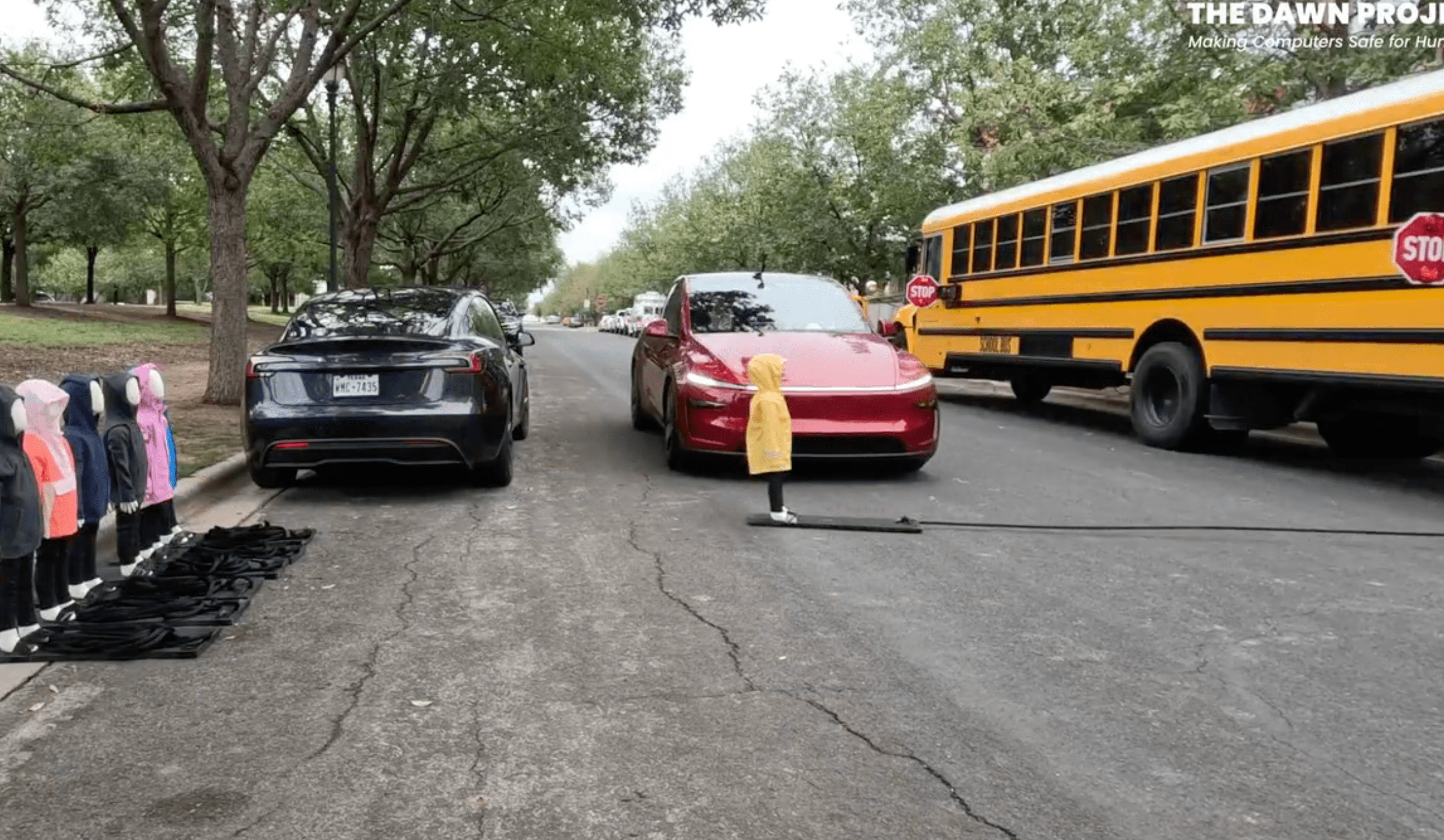Now that the Senate has passed a transportation bill and everyone's waiting to see what the House will do next, Transportation for America has done us all a great service and compared the Senate's bill to the House's -- well, to the last thing the House showed us before things fell apart for John Boehner's extreme attack on transit, biking, and walking.
The T4A analysis breaks down each bill, policy by policy, and lays out any pending amendments to the House bill that could potentially change it for the better.
Here's an excerpt from their detailed comparison:
Public transportation & transit-oriented development
Senate: Continues dedicated funding for public transportation at traditional 20 percent share. Creates some new flexibility to spend federal funds on operations, i.e., keeping buses and trains running, not just buying new equipment. A new transit-oriented development planning program was incorporated into the bill via the Banking title.
House: Original bill ends 30 years of dedicated funding for public transit (read the letter we organized by more than 600 groups and individuals opposing this). Allows loans for transit-oriented development as an eligible expense under the TIFIA loan program. It doesn’t provide large transit operators with any flexibility to spend federal money on operating their transit systems.
Possible House amendment fix: LaTourette/Carnahan 16 would allow all transit agencies to use a portion of their federal transit funding for operating expenses during times of economic crisis. (This amendment is similar to this bill the two representatives offered back in 2011.)
Walking and bicycling, local control of funds
Senate: Due in part to this amendment offered by Senators Cardin and Cochran and incorporated into the bill, MAP-21 consolidates programs for making biking and walking safer (as well as for other small local projects) and gives 50 percent of this consolidated program directly to metro areas. States and metro areas must create a competitive grant process to distribute that funding to local communities that apply. The Commerce Committee title also includes a new Complete Streets provision.
House: Eliminates most dedicated funding for bicycling & walking. Those uses remain “eligible” but without any dedicated funding for them. The bill also deletes numerous references throughout the bill that encourage multimodal projects. The bill retains the Recreational Trails program.
Possible House amendment fix: Petri-Blumenauer 103 creates consolidated program for bike/ped and other local projects and provides local governments access to new consolidated pot of funding.
Read the rest here.





